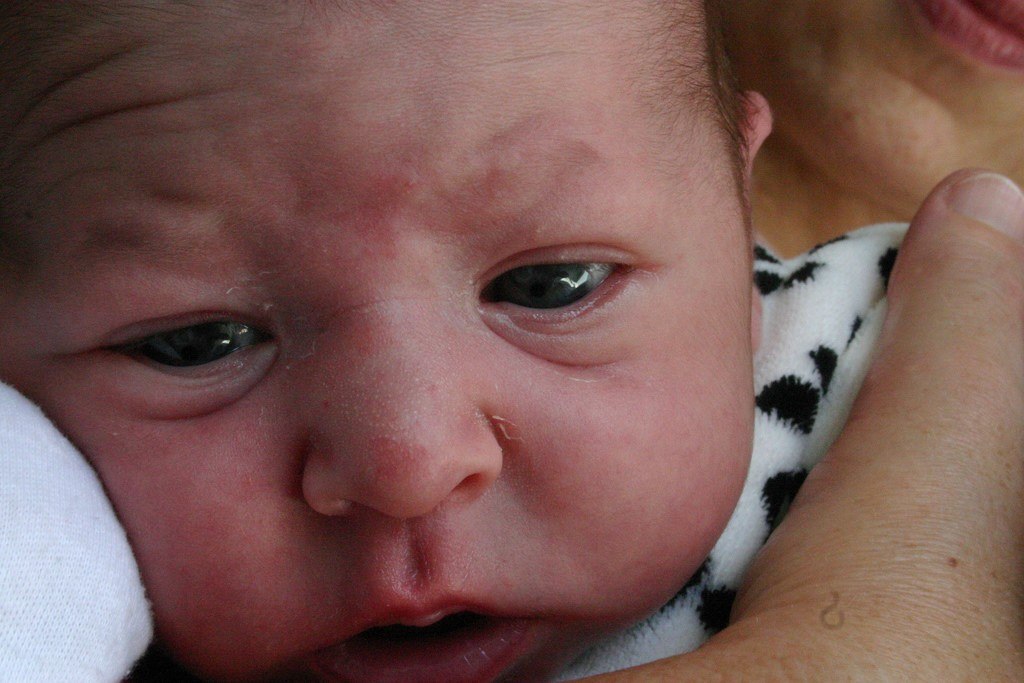
Eyes are especially sensitive and should be cleaned with safety. Your baby’s skin is much thinner since adipose tissue is scarce and has little subcutaneous fat, which is why special hygiene habits should be carried out.
Good eye hygiene can prevent the development of future eye infections.
Newborns tend to have a lot of rheum or scab because they produce a lot of mucin, a mucous fluid that serves to moisturize the eye.
Moreover, newborns sleep for a long period of time boosting the appearance of these residues.
When this substance dries, sediments appear on the outside of the eyes and eyelids. In addition to that, this type of secretions and the lack of lacrimal drainage, facilitate the appearance of eye infections. This is why it is important to keep good eye hygiene in babies.
Here are some tips on how to clean the eyelids and eyes of your baby:
In case the baby presents persistent or abundant secretions and of green or yellow color, it is advisable to go to the pediatric ophthalmologist to verify if there is an obstruction of the lacrimal way.
Also, if the baby’s eyes are swollen or red with abundant secretion, you should make an appointment with the ophthalmologist to check if the baby suffers from an ocular infection.
Contact us or request an appointment with our medical team.